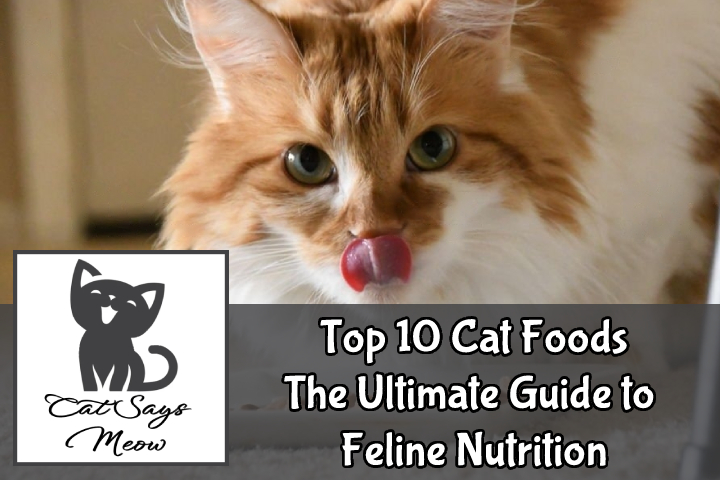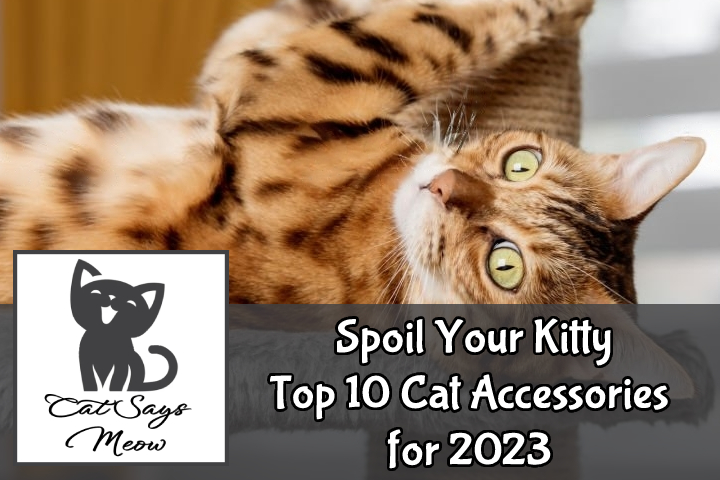The most enjoyable aspect of winter is when your Maine Coon begins to snuggle with you more. Receiving the additional affection is sufficient to provide warmth even during the most severe snowstorms. However, it is possible that your cat’s increased closeness is not due to a desire to spend more time with you, but rather because they are feeling cold and you serve as a large, warm heater. Cats are not particularly fond of winter! Nevertheless, do Maine Coons, which are large cats, have an affinity for snow?
Maine Coons are more inclined to enjoy snow compared to other cats. Whether or not they enjoy the snow depends on their individual personality. Cats are also more susceptible to the cold than humans. Most cats find temperatures below 45 degrees too chilly.
Cats are really good at hiding when they’re not feeling well, but there are some signs you can look for to see if your cat is too cold or if they can go outside in the winter.
How Do I Know If My Cat Is Cold?
Many people believe that animals can handle the cold better because of their fur, but that’s not true. Often, people overlook the importance of maintaining the right body temperature for their cats.
Humans usually have a body temperature of 97 to 99 degrees, while cats tend to have a higher base temp of 100 to 102 degrees.
Although it may not appear significant, this small distinction greatly affects our perception of temperature compared to how cats perceive it. Cats are more susceptible to feeling cold due to their naturally warm body temperature. So, if you feel cold, chances are your cat feels cold too. Anything below 99 degrees can pose a risk.
It’s important to be aware of the warning signs of a chilly Maine Coon so you can tell if your cat is feeling the cold. Check out this helpful guide to learn how to spot the signs.
● Cats’ ears, tail, or paws can feel cold because these body parts lose heat faster. It’s similar to how humans’ extremities cool down first to keep the inner organs safe.
● Cats often sleep curled up in a ball shape. While some cats simply find this position comfortable, if they consistently sleep like this, it may indicate that they are feeling a bit chilly, especially if it’s cold outside.
● It’s surprising to know that Maine Coon cats are very snuggly, but it’s not because they’re cold. Cats are generally independent, so when they choose to snuggle, it’s not always a sign of affection.
Hypothermia in Cats
Every animal is susceptible to hypothermia. Because cats have a higher body temperature, it’s logical that they experience hypothermia earlier than humans. The onset of acute hypothermia occurs at 99 degrees.
When it gets really cold, cats may start shivering and appear less energetic. As the temperature continues to drop, these symptoms can become more severe. Cats may experience muscle stiffness, dilated pupils, trouble breathing, and become unresponsive. In extreme cases, a cat can even die from the cold. If you notice any of these signs, it’s crucial to take your cat to a vet right away.
Maine Coons can handle the cold better than other cats. Their fur is thick and acts as insulation, keeping them warm in moderately cold weather. Additionally, their fur is shiny, which helps to keep water and snow from sticking to it.
Maine Coons have paws that are designed to handle the cold weather. Their furry tufts and wide toes help them walk on snow. However, they can still feel cold, so it’s important to watch out for signs of a chilly cat.
Can Cats Live Outside During The Winter
There are many factors to think about. Firstly, where you live and what the weather is like. The winter in Arizona is very different from the winter in New York. If there is a lot of snow and it’s colder, it’s best to keep your cat indoors.
One factor to take into account is the breed of the cat. As previously mentioned, Maine Coons are more tolerant of cold weather compared to other cats, whereas Sphynx cats are more susceptible to the cold and should not be left outdoors. Additionally, consider your cat’s personality. Do you think they would enjoy being in the snow? Maine Coons, for example, would likely have a great time, while other cats may become irritable.
In conclusion, stray cats, feral cats, and domestic cats have contrasting views when it comes to being outdoors in cold weather. Our domestic cats are often pampered with heaters, warm laptops, and cozy blankets. On the other hand, stray cats are more resilient and can find their own ways to stay safe and warm, which may not be available to our domestic cats.
Typically, it’s not a good idea for your pet cat to be outdoors in winter. Stray or feral cats, on the other hand, are usually capable of looking after themselves.
Maine Coons and Snow
Although the exact origins of the Maine Coon are unknown, it is widely believed that they come from Maine. The winters in Maine can be quite severe, with an average temperature of 12 degrees. As a result, Maine Coons have evolved to adapt and survive in these harsh conditions. Given the average temperature of 12 degrees, it is not surprising that Maine Coons have developed the way they have.
Maine Coons have an advantage over other cat breeds because of their wide paws. These paws allow them to walk on snow without sinking in, unlike smaller cats like the Singapura who have smaller paws and size.
Due to these and other dog-like characteristics, Maine Coon cats tend to be more daring. They are more inclined to have fun in the snow, although it ultimately depends on your cat’s individuality.
Do Cats Need Sweaters To Stay Warm
Putting your cat in a sweater may seem cute, but it’s not needed for Maine Coons and many other cat breeds.
Keep in mind that only most cats do not require sweaters. Maine Coons and other cats with long hair do not need sweaters because their coats are thick and provide insulation. However, if you have a hairless or short-haired cat, a sweater can be beneficial, especially in winter. It is advisable for hairless cats to wear sweaters. Conversely, long-haired cats may become too warm if they wear a sweater.
If your cat is going to be outdoors, it may not be a good idea for them to wear a sweater. When snow melts on the sweater, it can lower the cat’s body temperature because the cold water stays in contact with the cat for a long time. This is similar to how humans feel colder when they drink something cold. It’s important to remember that cats can start experiencing hypothermia at temperatures as high as 99 degrees!
Conclusion
Cats dislike it when their discomfort is evident to people. However, it is crucial to recognize the signs of a cold cat and understand the associated risks. Cats experience acute hypothermia at a temperature as high as 99 degrees, which is much higher than that of humans. Therefore, if you feel cold, it is likely that your furry companion feels the same way.
Maine Coons are more resilient than other cat breeds, allowing them to withstand the cold better. However, it is important to note that they should not be left outside in winter for extended periods. They have adapted to snowy conditions with their wide paws and insulated coats. Interestingly, Maine Coons are one of the few cat breeds that actually enjoy the snow! Maine Coons have developed wide paws and insulated coats for snowy weather. Maine Coons are probably one of the only breeds of cats that enjoy the snow!
When it’s chilly, your cat might be snuggling up to you for some extra heat, but don’t worry, those cuddles are always a bonus. Embrace them and make sure your cat stays cozy and protected.
You can also check this YouTube video about this topic:
Related posts
What Size Cat Flap For A Maine Coon
Can A Maine Coon Kill A Dog
Are Maine Coon Cats Friendly
Do Maine Coons Have Big Paws
Do Maine Coons Have Oily Fur
Check out our top 10 reviews!
[Wikipedia] [Encyclopedia Britannica] [National Geographic] [cdc.gov] [Purina]



